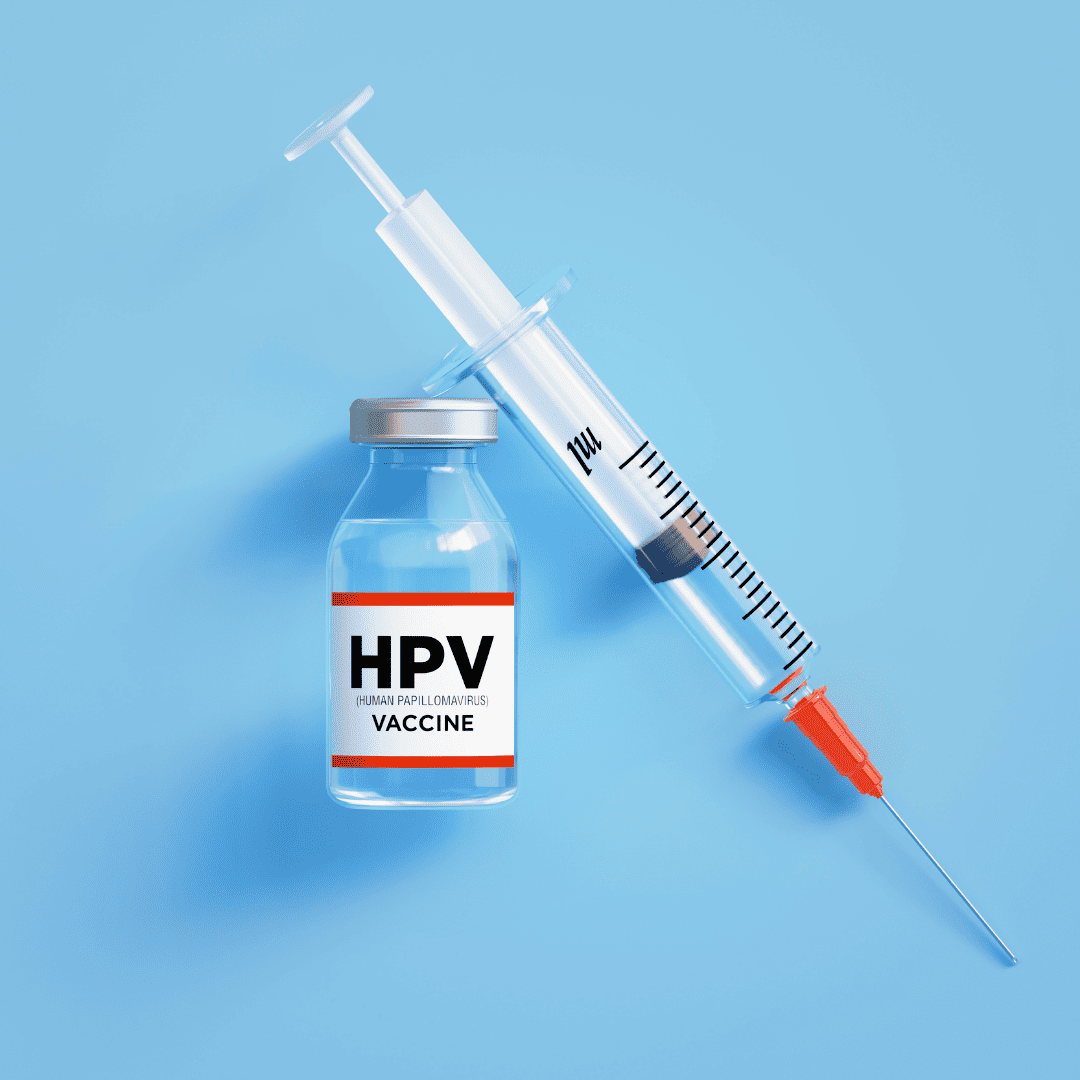I know I was gone for a month – sorry about that! Things have been a little busy so I wasn’t able to send out a newsletter for the last 3 weeks! Oy! But I’m back!
And I am super excited to share with you the work of a wonderful colleague – Kelly Dean, Physical Therapist and owner of The Tummy Team.
I feel it might be something many of you might be missing in your healing journey!
Have you EVER heard of something called Diastasis Recti??
Maybe so but probably not. It is something that affects SO many people and they don’t realize it and is horribly underdiagnosed as a cause of pain, constipation, abdominal issues and more.
And it has hormonal and gut connections!
Imagine that – the structural body is intertwined with the functional body! 🙂
OK – so what the heck is Diastasis Recti? Well, first we need to discuss a tiny bit of anatomy.
We have 3 layers of abdominal muscles – Rectus Abdominus (6 pack), Obliques (wrap around the ribs aiming toward belly button) and the Transverse Abdominus (TA – the deepest “girdle” that wraps all the way around the entire belly).
Diastasis Recti (DR) is when the abdominal muscles stretch apart in the center of the belly and are only held together by thin fascia – weakening our true core strength (no matter how fantastic your 6 pack is!). In pregnancy this is essential to provide space for the developing babe but should come back together and get “zipped” back up at some point after delivery.
But, hold one, there are many other reasons the abdominal muscles stretch that have nothing to do with pregnancy!
Most people associate it with post-pregnancy however it is extremely common in all types of people (men included!)
SOME SYMPTOMS OF DIASTASIS RECTI
Pain – especially Low back pain
Incontinence
Poor core strength
Flabby-feeling belly
Constipation
Poor Posture
SOME RESULTS OF DIASTASIS RECTI
Sacroiliac dysfunction
Pelvic floor dysfunction
Pelvic pain
Pubic pain
Leg Length difference
Hip pain
Sciatica
Poor core strength
Poor Gut motility
and more!
Connective tissue in our body is very susceptible to shifts in hormones – specifically estrogen and progesterone causing increased stretchiness and cortisol causing active damage to connective tissue. There it is – hormonal imbalance can cause significant dysfunction in your musculo-skeletal system. Always need balanced hormones!
The Exercise Connection
Some of the most common abdominal exercises and fitness routines actually DECREASE core strength by worsening abdominal muscle cohesiveness – like crunches, sit ups and Pilates! Oy!
Who doesn’t do these things to try to strengthen their abs, right?? Would you stop if you knew it actually worked AGAINST core strength and worsened diastasis recti?
The Bowel Movement/Gut Connection
DR can cause constipation and constipation can cause DR! Wow!
For some it’s the game-changer they have been looking for!
After watching the video below, I highly recommend checking out her website and check yourself for a DR!
You know, I’m always looking for ways to show you the importance of gut and hormone balance – this is yet another way imbalance can affect our lives and result in fixable symptoms!
Dr. K
Interested in chatting with Dr. Kelley? Call our office or click on the button below to schedule a zoom call!

